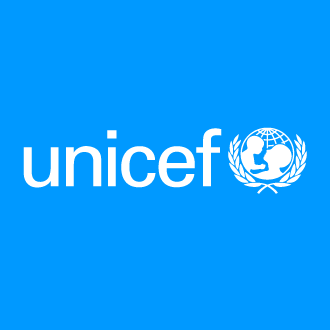From Emmanuel Uzor, Awka
The United Nations Children Emergency Fund, UNICEF has advocated for improved budgetary allocation for social welfare for children and vulnerable in the South East zone.
Mr. Mohammed Fall, Residence and Humanitarian Coordinator of United Nations in Nigeria called on governors of South East states to align their budgeting processes with the Sustainable Development Goals in focus.
Fall made the call at the opening ceremony of a 3-day stakeholders’’ engagement on Policy Dialogue On Social Budgeting For Child-sensitive Sectors organised by Southeast Zonal Office of UNICEF in Awka.
He said the call had become necessary as would help to achieve the SDG which had just five years to wind down.
The Coordinator said states should address the needs of the vulnerable such as wider immunization, higher school enrolment and sanitation while assuring that the United Nations would provide sustainability support in the areas of expertise, technical and advocacy.
“Come out with a plan that can set a vision that will ensure budgeting towards education and health. Foster partnership with the private sector, communities, Traditional leaders, faith based leadership and women groups,” he said
On his part, Mr Olusoji Akinleye, Chief Field Officer, UNICEF Enugu Office said the Workshop was important and timely considering that governments had commenced budgeting formulation process for 2025.
Akinleye said UNICEF was particular about supporting governments in identification and inclusion of budget priority areas which would enhance human capacity development, attainment of SDG, and promote rights and wellbeing of children.
“This dialogue, therefore, hopes to engage States to collaboratively chart a path to adequate and sustainable financing, especially for the social sectors.
“States would be provided the opportunity to exchange ideas, challenges and best practices related to budget formulation and implementation, highlighting key bottlenecks faced by the sector MDAs as well as possible policy remedies to address these barriers
“We are positive that this will lead to improved programming efficiency, value for money, capacity building. and improved budget outcomes for the states, especially for its children.
